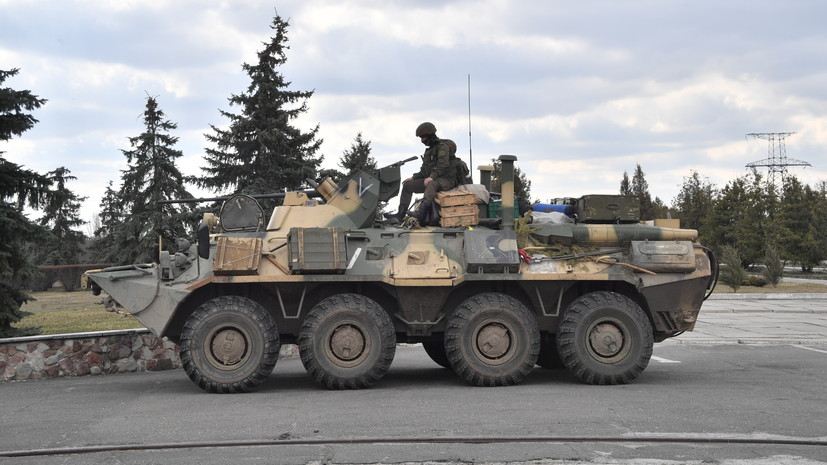Vodichka said NATO's rapid reaction force in Eastern Europe has 40,000 troops.
At the same time, according to the strategy of the alliance, which was originally developed to combat terrorism, NATO forces would have entered into hostilities within 15 days after they began.
The journalist writes that this step would have been enough for the period when NATO was reacting to reports that "jihadists began to fatten camels in order to move into battle after the snow melted."
“But the Russians are able to completely roll out the Baltic states in 15 days,” Vodichka said.
He also believes that the new NATO strategy announced at the Madrid summit, which involves the deployment of 300,000 fighters in Eastern Europe, is currently unrealizable.
On June 17, the Lithuanian Railways notified the Kaliningrad Railways of stopping the transit of a number of sanctioned goods.
Deputy Chairman of the Security Council of Russia Dmitry Medvedev said that Moscow's retaliatory measures to restrict transit to the Kaliningrad region are able to "cut off the oxygen" in the Baltics.

